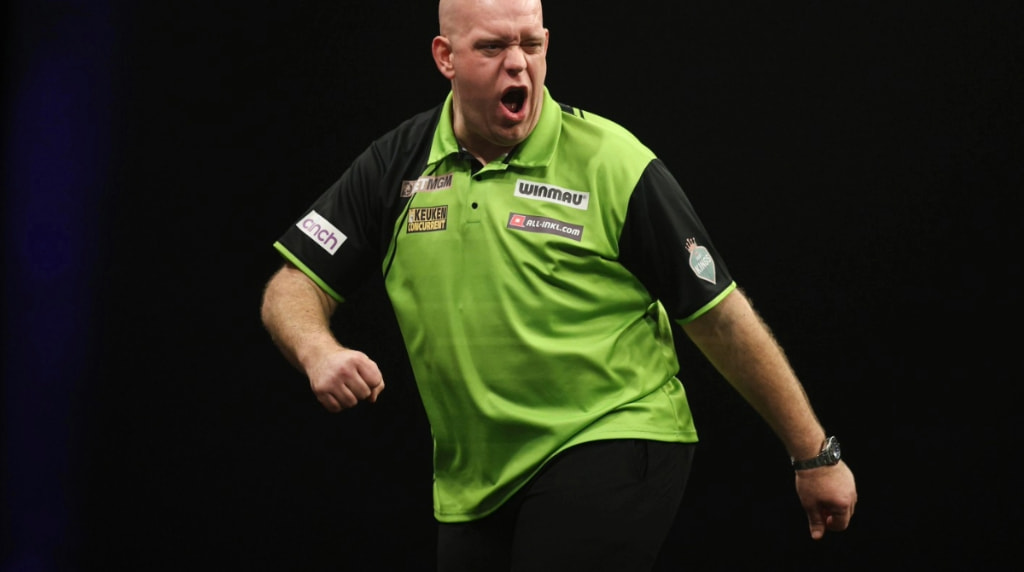Brazil Debates Regulation and Tax Rates
Brazil has been in the process of putting through a sports betting and general gambling regulation bill for years, with the most recent push showing promise. Despite uncertainty from former president Bolsonaro, and questions regarding how the incoming president would handle the project, powers working towards regulation remain positive that it will be decided in Brazil soon. In the meantime, the country is looking at how gaming will be taxed, starting with sports betting.

While an overall regulatory framework is still on hold, Brazil’s senate is considering an additional tax on all sportsbooks operating in the country to generate income for athletics clubs and outreach.
©Jannik Skorna/Unsplash
Sportsbooks could be tax an extra 10% under new law
The most recent update in the ongoing Brazilian betting regulation debates is a move by representative Hélder Salomão (PT-ES). Salomão brought forth a bill to increase tax on sports betting companies. All companies that operate sportsbooks in the country, whether headquartered in Brazil or elsewhere, would be subject to a new tax.
The proposed amount for this tax is 10% on the sportsbooks’ billing. The estimate is that this added tax would raise up to $2.4 billion USD for the government. Specifically, this money would be earmarked for the financing of Brazilian sporting endeavors.
So far, Minister of Finance Fernando Haddad has declared his support for the new tax. Not only is a significant sum of money on the table for the government to use, but it is also considered for a valuable cause. The money would go towards improving athletics in the country, for example by offering specialized training to athletes, and renovating training facilities. It would also help to promote participation in sports throughout Brazil.
Sports are an important cultural touchstone for Brazilians, with soccer being by far the most popular of sports played and watched in the country. Other sports are also gaining in popularity, like MMA. These games not only provide outlets for players of all ages and skill levels, but also provide entertainment at home as well as international opportunities.
Brazil’s football team was a favorite in the most recent men’s World Cup competition in Qatar. Along with their participation came significant betting revenue. In general, the industry generates money for the country, so an investment in sports is also an economic investment in the long term. To compete at the same level as international teams, Brazilian athletes need similar opportunities for training, which this proposed pot of tax money could provide.
Aside from financing sports, the bill also touches on important issues like consumer protection and a crackdown on money laundering. It outlines regulations for sportsbooks operating in Brazil, like what kind of security measures it must have in place to ensure privacy for bettors. Most likely, companies would also be required to report suspicious activities to the government so that they may investigate areas of fraud and abuse.
If voted into law, an estimated 450 bookmakers would be affected. So far, this is the number that are operational in Brazil, though none can be fully licensed in Brazil due to the lack of an official legal framework until a sports betting regulation bill is passed. Still, these offshore platforms would be subject to Salomão’s proposed law.
Haddad added that some areas of the tax are still being researched and debated. For example, platforms would be subject to not only a tax on gross revenue but also a base licensing fee. A tax would be placed on the winner’s earnings as well.
The Minister of Sport in Brazil, Ana Moser, also weighed in on the issue while speaking to the Senate Committee on Education, Culture and Sports. However, her focus was more to do with social and cultural issues within Brazilian sports, as well as the proliferation of e-sports and their impact on many other facets of the economy — and, thus, a need for their regulation.



